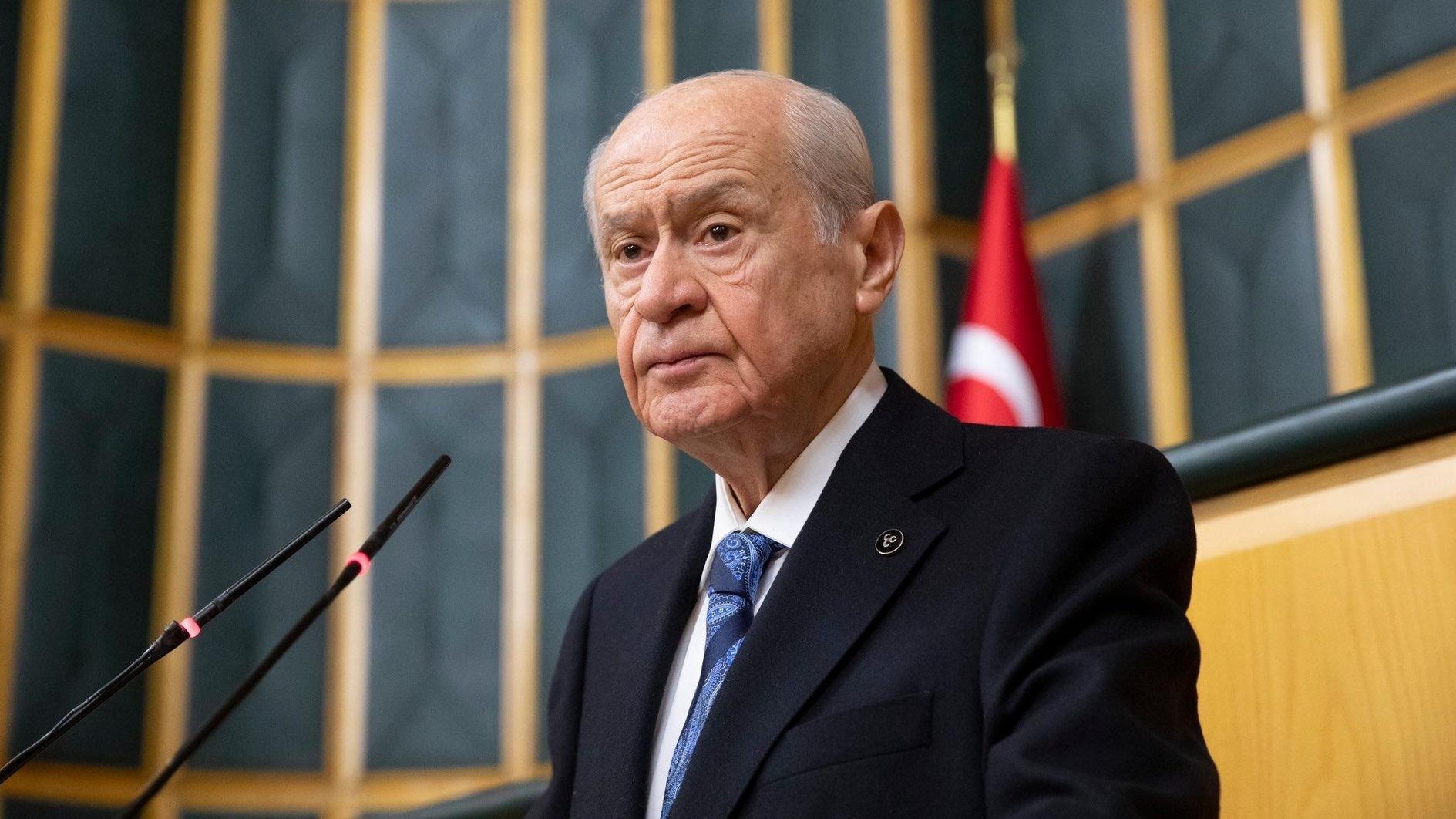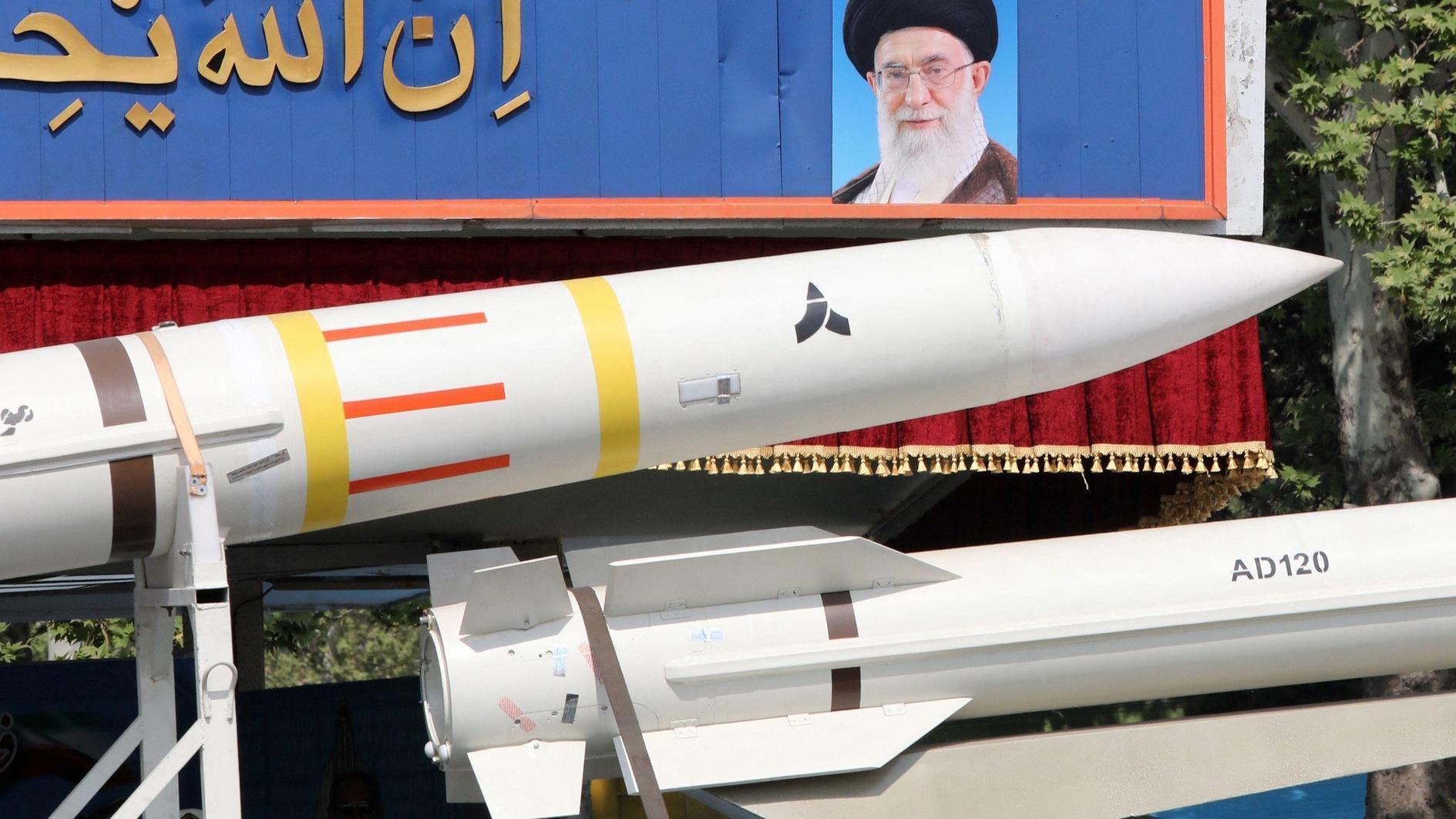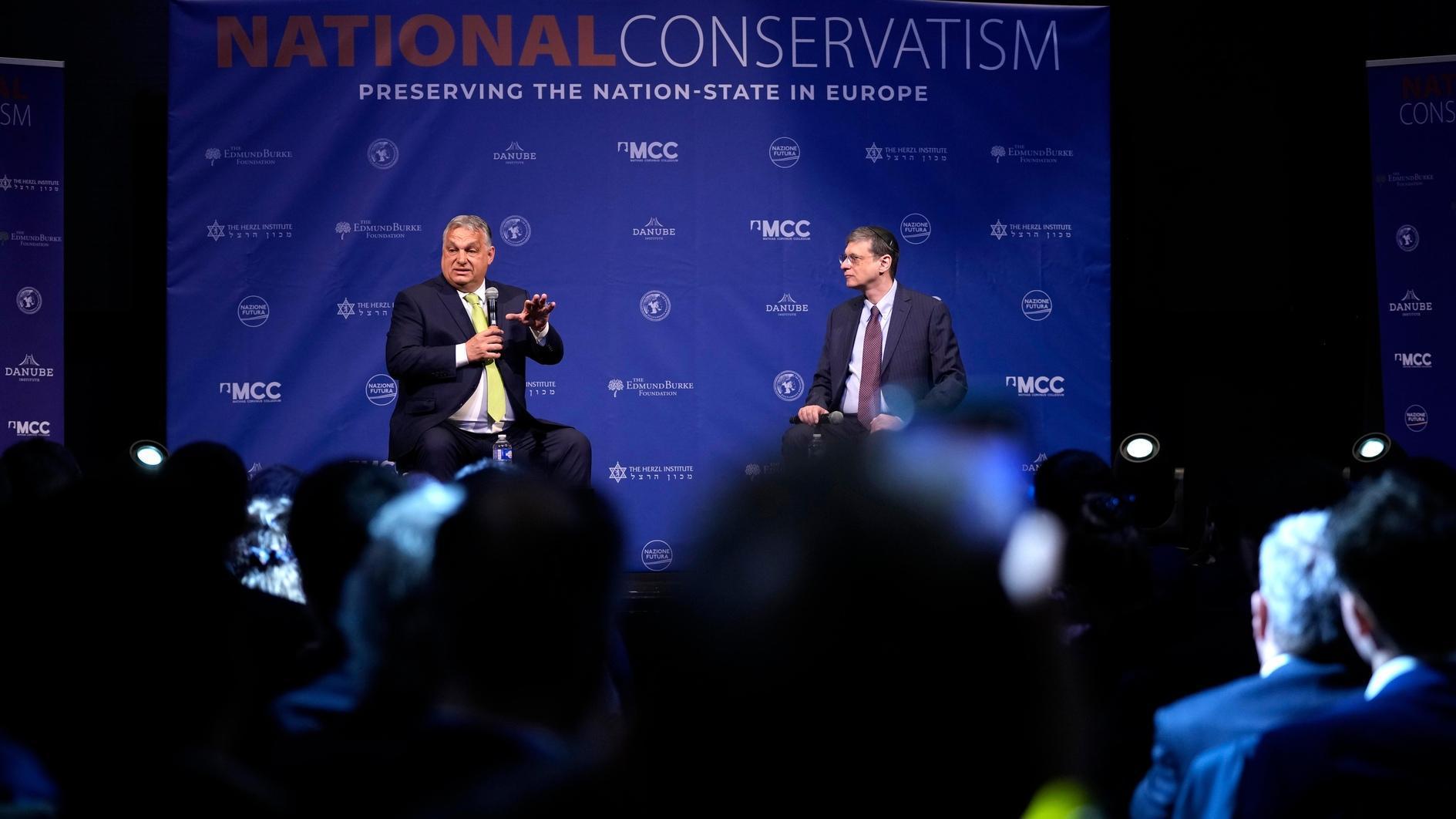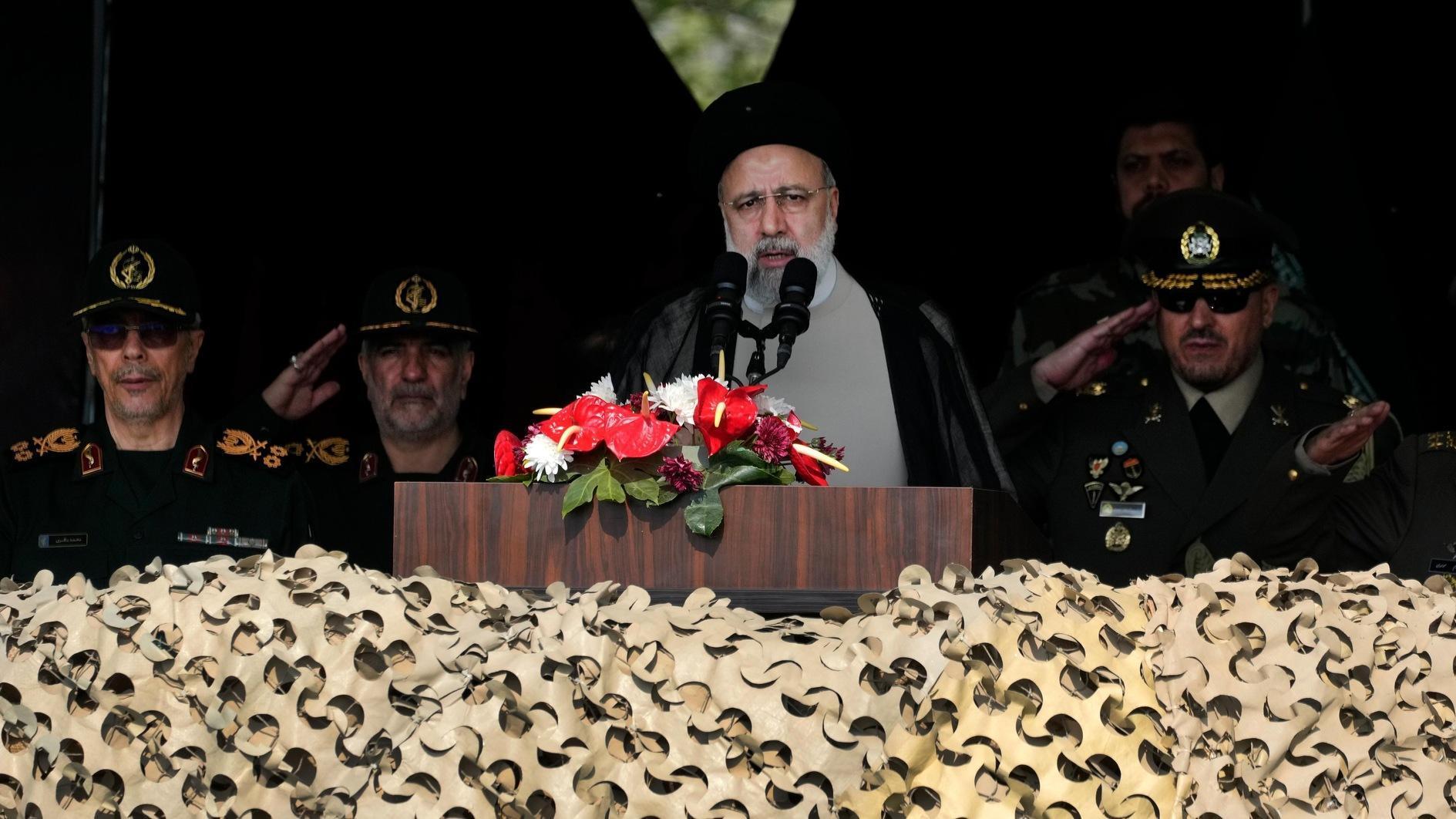Turkey’s uneasy friendships
Turkey is at the center of the “Syrian affair,” but there is no serious discussion on Syria for various reasons.
First of all, the Turkish media has always been rather indifferent to foreign affairs and particularly to Middle Eastern affairs. Most of the columnists who are eager to discuss the recent crisis in Syria are simply ignorant of Middle Eastern politics; that is why they are busy patting themselves on the back by discovering simple facts like the complexity of Syrian society and politics or by realizing the existence of the great alliance between Iran and Syria.
Besides, there is no serious discussion on the importance of “the Kurdish problem” in Turkey’s engagement in the Syrian affair. “The Kurdish factor” is only being mentioned in terms of the supposed collaboration between the Kurdistan Workers’ Party (PKK) and the Bashar al-Assad regime. It is thought that portraying the al-Assad regime and the PKK as an “axis of evil” is a very good propaganda piece. Yet, any serious discussion cannot be limited to the discourses of propaganda.
There is no doubt that the possible outcomes of the Syrian crises are bound to be a security concern for Turkey, mostly because of the Kurdish question. Nevertheless, Turkey’s concern is not only limited to the possible alliance between the al-Assad regime and the PKK.
The basic concern is what possible political gains the Kurds can get out of the Syrian crisis. It is obvious that Turkey will be bothered by the Syrian Kurds if al-Assad stays, since al-Assad is thought to be supporting the PKK against Turkey. However, Turkey will also be bothered if al-Assad goes, since the Kurds will have a say in the new democratic Syria.
But it would be a nightmare for Turkey if the Kurds get some sort of autonomy in the new Syria. Turkey is overeager to organize “the Syrian opposition” so as to ensure that it avoids such an outcome.
On one hand, Turkey seems to be inclined to support the moderate Kurdish actors in the region who are considered to be friends of Turkey, namely the Kurdish authority in northern Iraq and its leader, Masoud Barzani. On the other hand, Turkey insists on denying the new realities of the region. Barzani is expected to play the role of moderator in the disarmament of the PKK and strengthening moderate Kurds in Syria against radicals. It means that Turkey is very demanding in its friendships, especially in its friendship with Kurds.
Since the times of former Prime Minister and President Turgut Özal, Iraqi Kurds and especially Barzani have been expected to show selfless loyalty to their Turkish friends merely in exchange for economic benefits. In fact, “Kurds fighting Kurds” have always been an uneasy strategy for all parties. The times have changed, and it is now even more difficult for any Kurdish politician to disregard modern Kurdish identity politics.
In short, the Turkish denial of the importance of the Kurdish question not only hinders democratization in domestic politics, but also overcomplicates regional politics. Turkey’s eagerness to support the Syrian opposition has been in tune with Western perspectives so far, but I think that the difference of priorities may lead to unexpected disagreements among the friends of the “Friends of Syria.”











